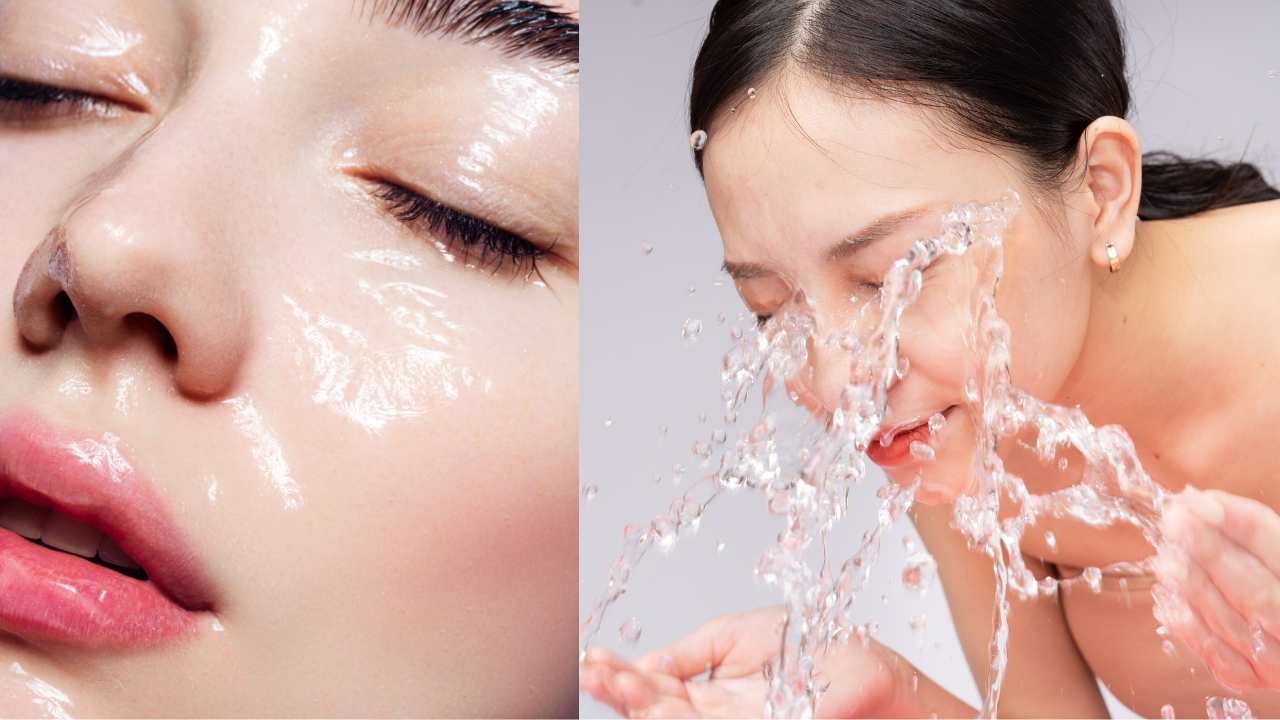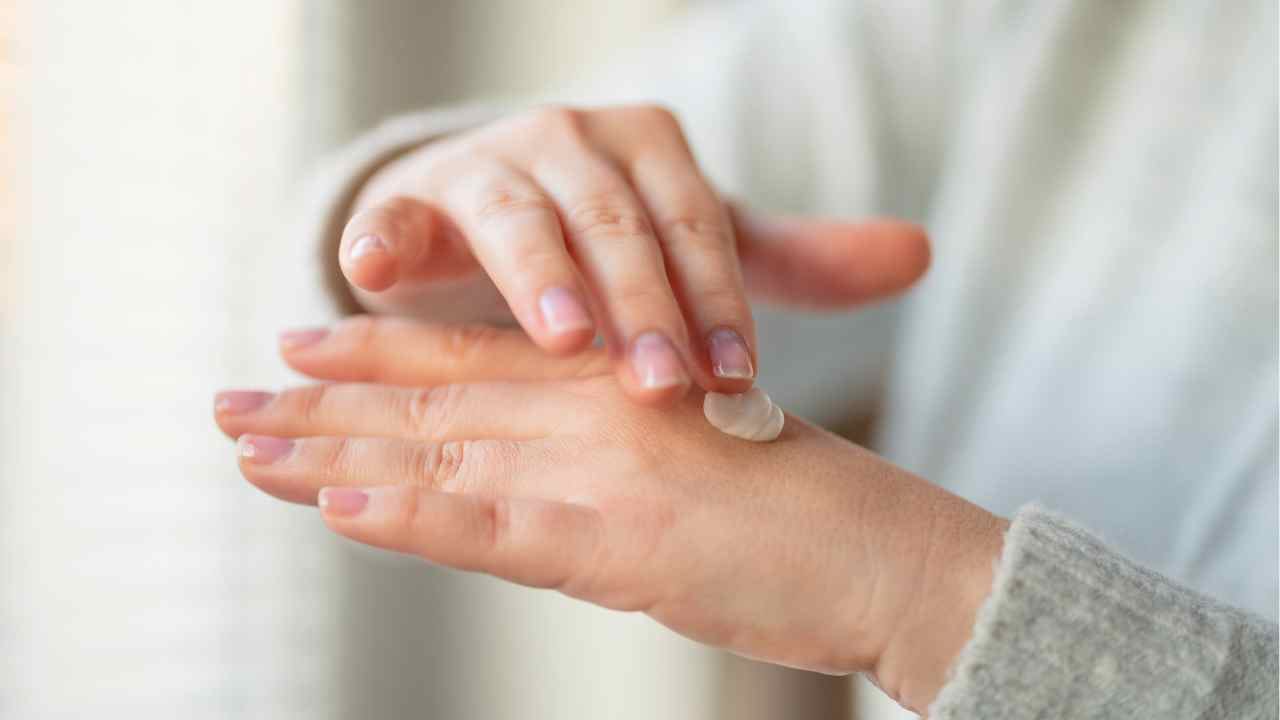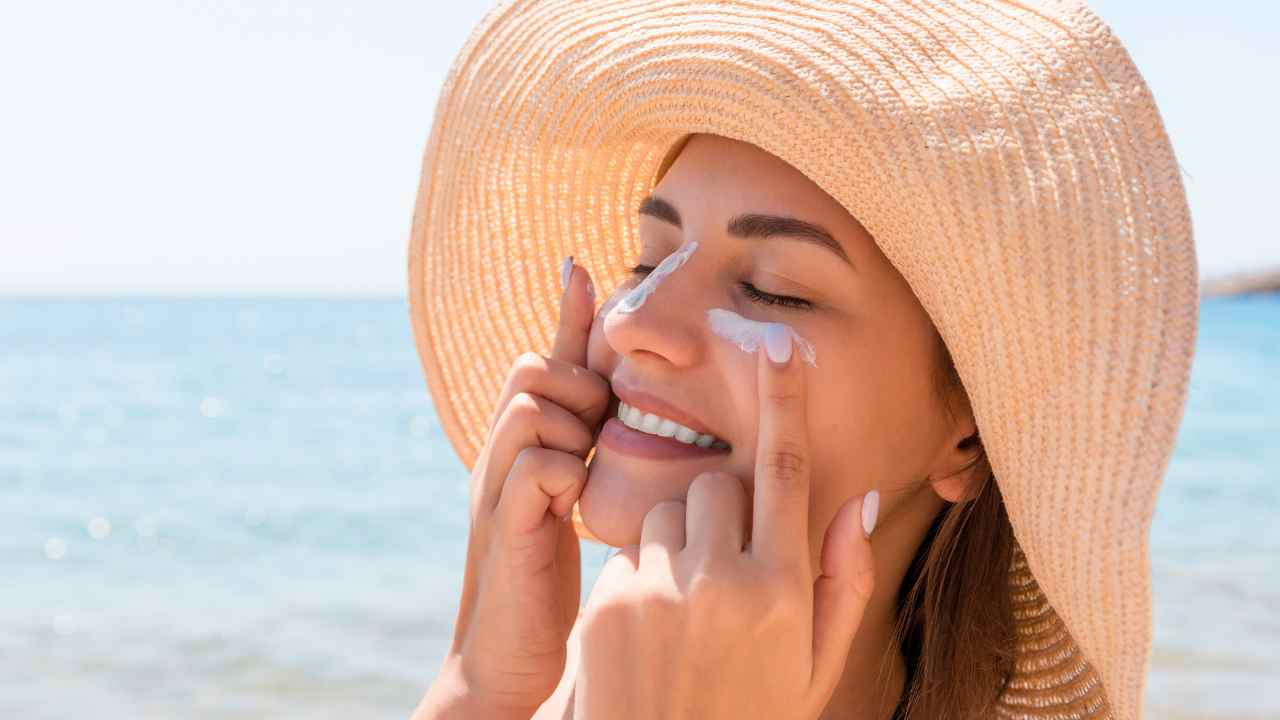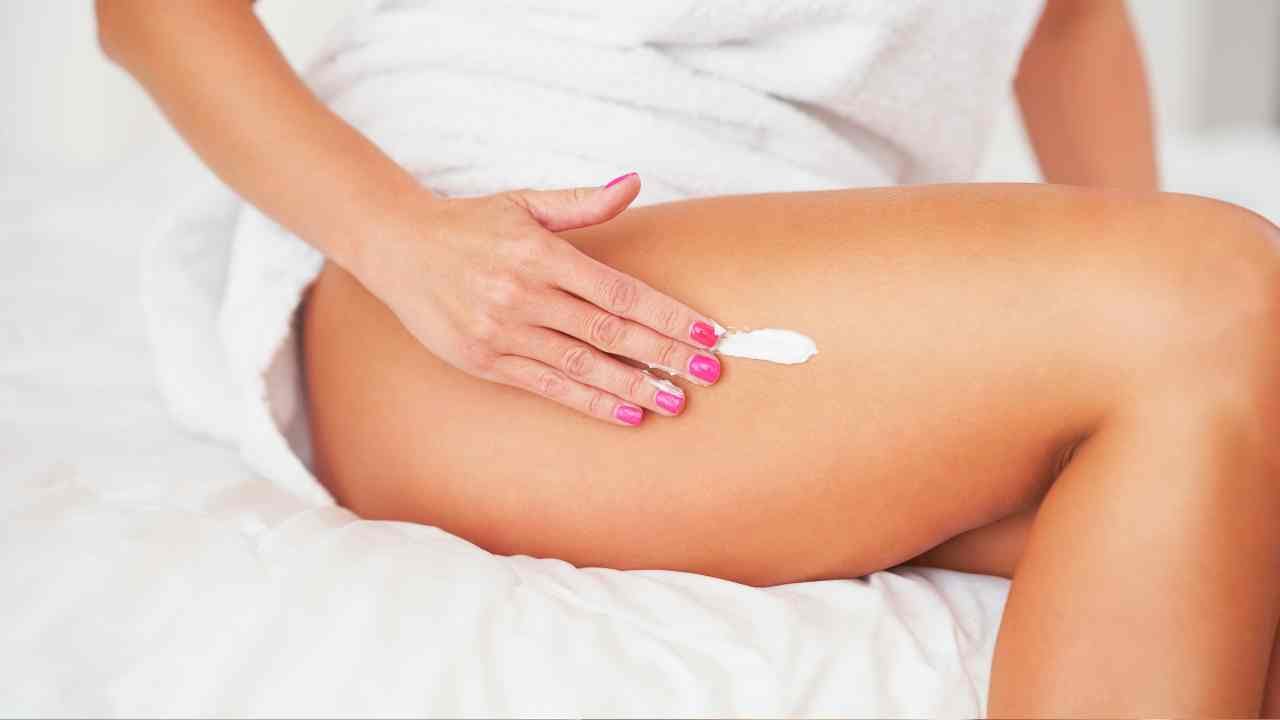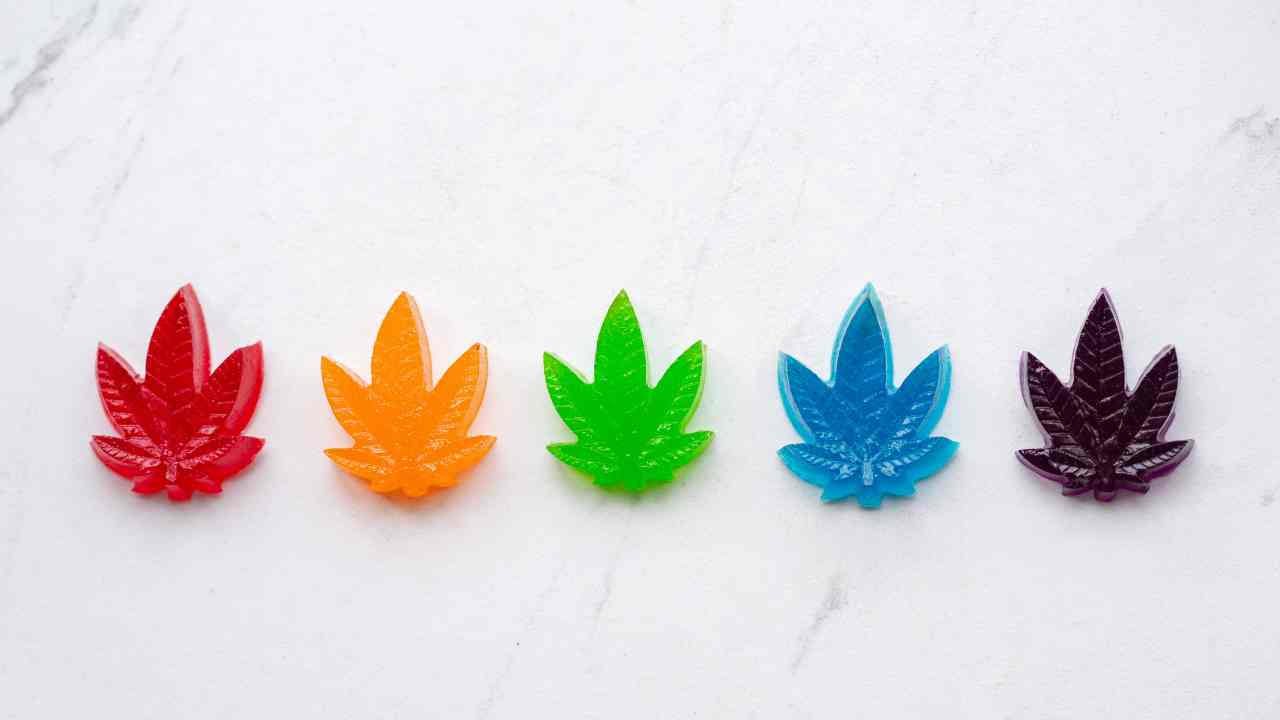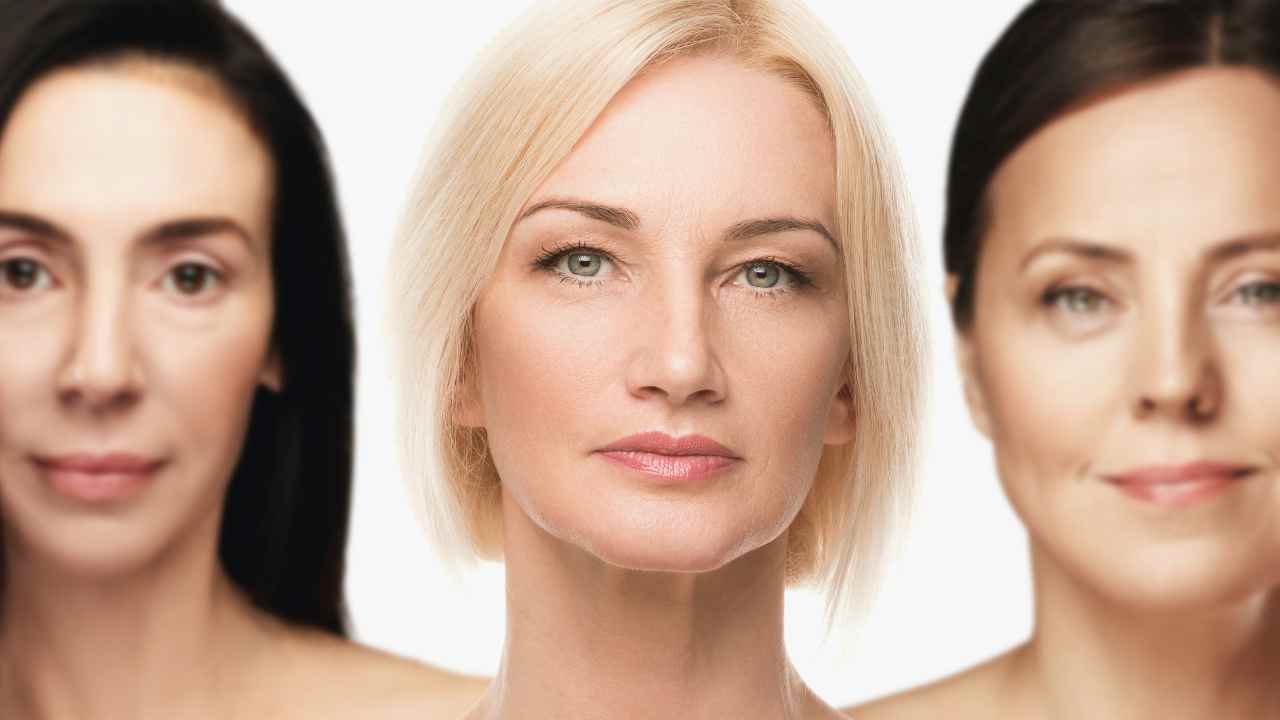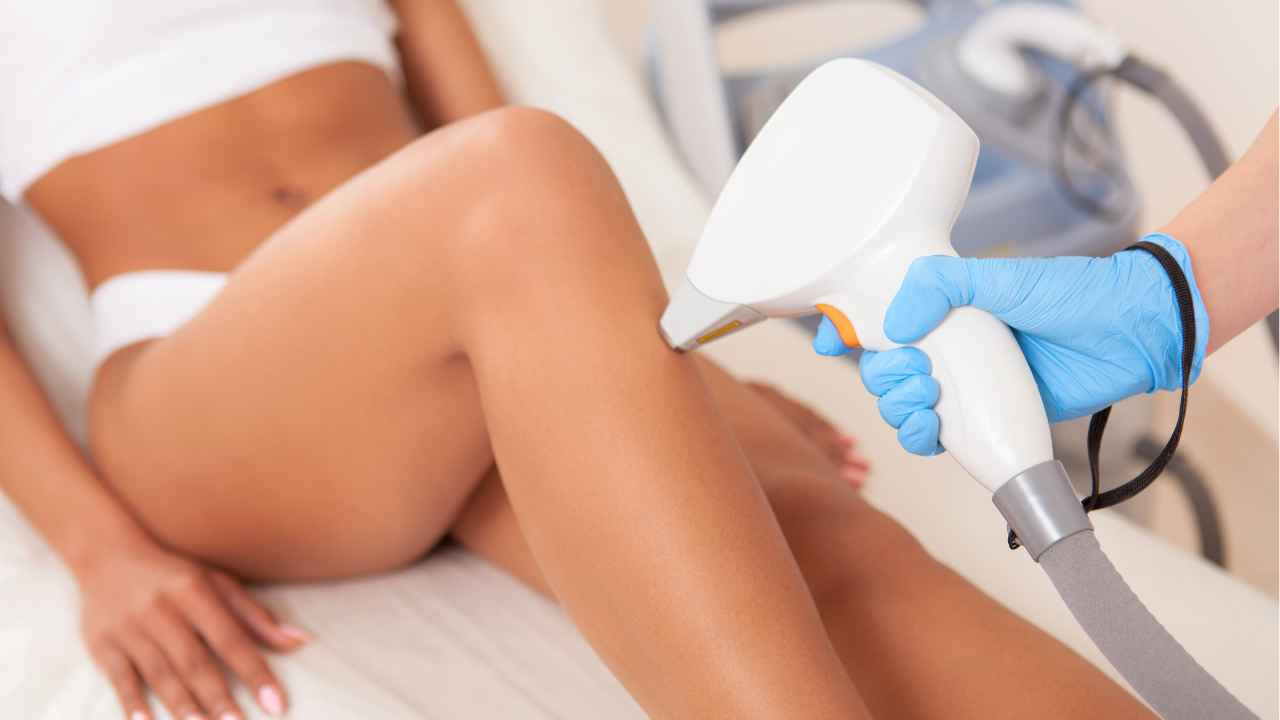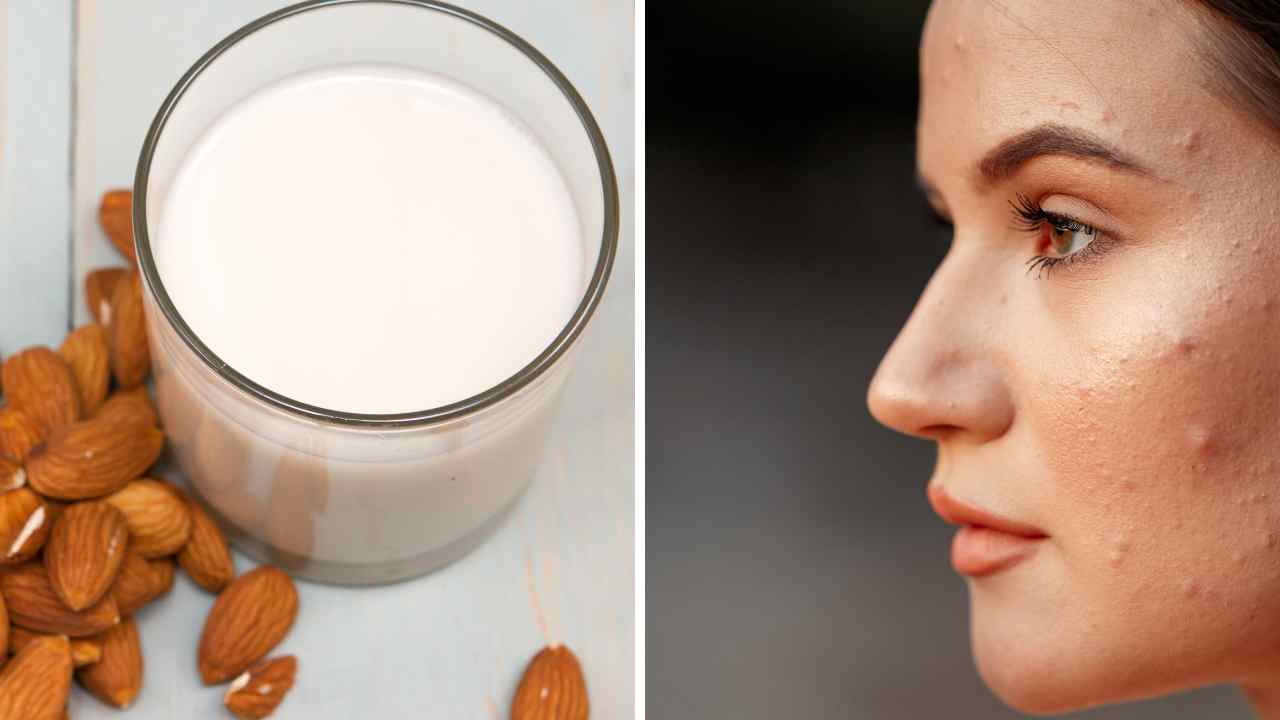
Got Acne? Does Almond Milk Cause Acne or is it a Myth?
If you’re like most of us living in the modern world, chances are you’ve heard about almond milk and its many health benefits.
From being a great vegan alternative to regular milk to being packed with plenty of vitamins and minerals, there’s no denying that consuming almond milk is one of the newest trends out there.
Yet with any food trend around these days, it can be hard to sort out what’s truly beneficial and what could potentially have some drawbacks.
Most recently we've been asking ourselves: Does almond milk cause acne? Read on for everything you need to know about this popular beverage and how it might relate to your skin care regime!
The Basics of Acne
Before delving into the potential impact of almond milk on acne, it's essential to have a basic understanding of acne and its causes.
Acne can be anything from pimples to blackheads to whiteheads, and sometimes cysts.
This happens when hair follicles become clogged with oil (sebum), dead skin cells, and bacteria. Hormonal changes, genetics, diet, and skincare habits can all contribute to the development of acne.
Almond Milk: Nutritional Profile
Almond milk is a delicious, nutritious alternative to cow's milk and other plant-based milks.
It's made by blending raw or blanched almonds with water, then straining out the liquid from the solids - resulting in a creamy yet light liquid that can be used instead of cow's milk in almost any recipe or drink.
Almond milk is naturally lactose-free and cholesterol-free, making it an excellent choice for those following dairy-free diets, as well as for vegans and vegetarians.
Nutritionally speaking, unsweetened almond milk contains fewer calories and less fat than regular dairy milk while still providing many essential vitamins like vitamins A & D as well as calcium.
Additionally, almond milk has higher levels of unsaturated fatty acids. These healthy fats can help reduce bad cholesterol and increase good cholesterol.
What makes almond milk so special isn't just its nutritional value though—it also offers an array of amazing flavor combinations depending on where you buy it from and what type of nut you choose to make it with!
You can get varieties like vanilla flavored almond milk blended with cocoa powder or gingerbread spiced almond milk made from macadamia nuts!
Plus, since it comes in both shelf stable cartons perfect for storing at home and refrigerated versions great for drinking straight away - you'll never run out of tasty ways to enjoy your morning cup o' joe again!
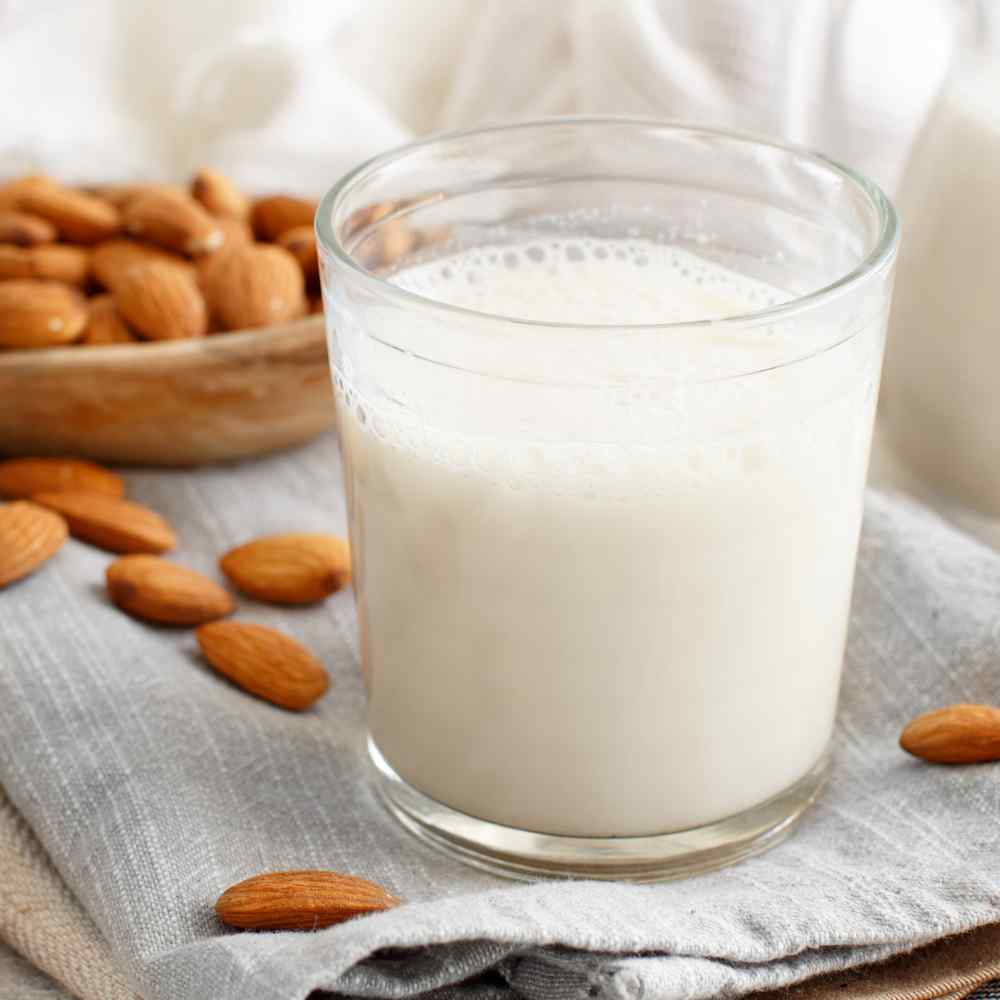
The Debate: Does Almond Milk Cause Acne?
Here's where the debate begins. Claims suggesting a link between almond milk consumption and acne prone skin often revolve around three key factors. Here they are explained.
Hormonal Effects
Some proponents argue that almond milk, like other plant-based milks, contains plant estrogens (phytoestrogens). These compounds may potentially disrupt hormonal balance and contribute to inflammatory or hormonal acne breakouts.
However, the levels of phytoestrogens in almond milk are relatively low compared to other sources such as soy milk products.
Insulin Response
Another claim is that almond milk, despite being low in carbohydrates, may still cause an insulin response in the body due to its protein content.
High insulin levels can potentially trigger inflammation and oil production, leading to acne. However, almond milk typically contains fewer carbohydrates than cow's milk, reducing the likelihood of a significant insulin response.
Nutrient Composition
Some people argue that the nutrient composition of almond milk, particularly its vitamin E content, may influence acne development.
Vitamin E is an antioxidant that helps protect the skin from oxidative stress. However, there is insufficient scientific evidence to directly link vitamin E in almond milk to acne prevention or exacerbation.
Processing & Additives
If your particular brand of almond milk contains added sugar or other ingredients like carrageenan or sunflower lecithin (which is used as an emulsifier), these additives could potentially disrupt the balance in your system resulting in increased inflammation and possible bouts of acne flare-ups.
It may also be worth considering how processed the type of nut-milk you're consuming actually is – many brands contain high levels of sodium which can affect hydration levels and lead to dryness on the surface layer of skin cells - something which has been linked with triggering outbreaks too!

Does Almond Milk Cause Acne?
While anecdotal claims and personal experiences may suggest a connection between almond milk and acne, scientific research on this specific topic is limited.
Few studies directly investigate the effects of almond milk on acne.
However, it's worth noting that overall dietary choices and lifestyle factors play a more significant role in acne development than a specific food item.
While it's true that certain kinds of dairy can make some people break out, the evidence doesn't necessarily point to almond milk as being a culprit.
Maintaining a Healthy Skincare Routine
While the direct impact of almond milk on acne remains uncertain, maintaining a healthy skincare routine is crucial for managing and preventing breakouts. Here are some tips to promote clear skin:
1. Eat a Balanced Diet: Focus on consuming a well-rounded, balanced diet that includes a variety of fruits, vegetables, lean proteins, and whole grains. This approach ensures you're getting essential nutrients for overall skin health.
2. Stay Hydrated: Adequate hydration is vital for maintaining healthy skin. Drink plenty of water throughout the day to keep your skin hydrated and support its natural functions.
3. Skincare Products: Choose skincare products that are suitable for your skin type and address your specific concerns. Look for non-comedogenic cleansers and moisturizers that won't clog pores and avoid harsh ingredients that may irritate the skin. Try an acne spot treatment when pimples pop up
4. Gentle Cleansing: Cleanse your face twice a day using a gentle cleanser to remove dirt, excess oil, and impurities. Avoid over washing, as it can strip the skin of its natural oils and disrupt the skin's barrier function.
5. Regular Exfoliation: Exfoliate your skin once or twice a week to remove dead skin cells and unclog pores. Choose gentle exfoliants to avoid irritation and inflammation.
6. Sun Protection: Protect your skin from harmful UV rays by wearing sunscreen daily. UV exposure can worsen acne and contribute to post-inflammatory hyperpigmentation.
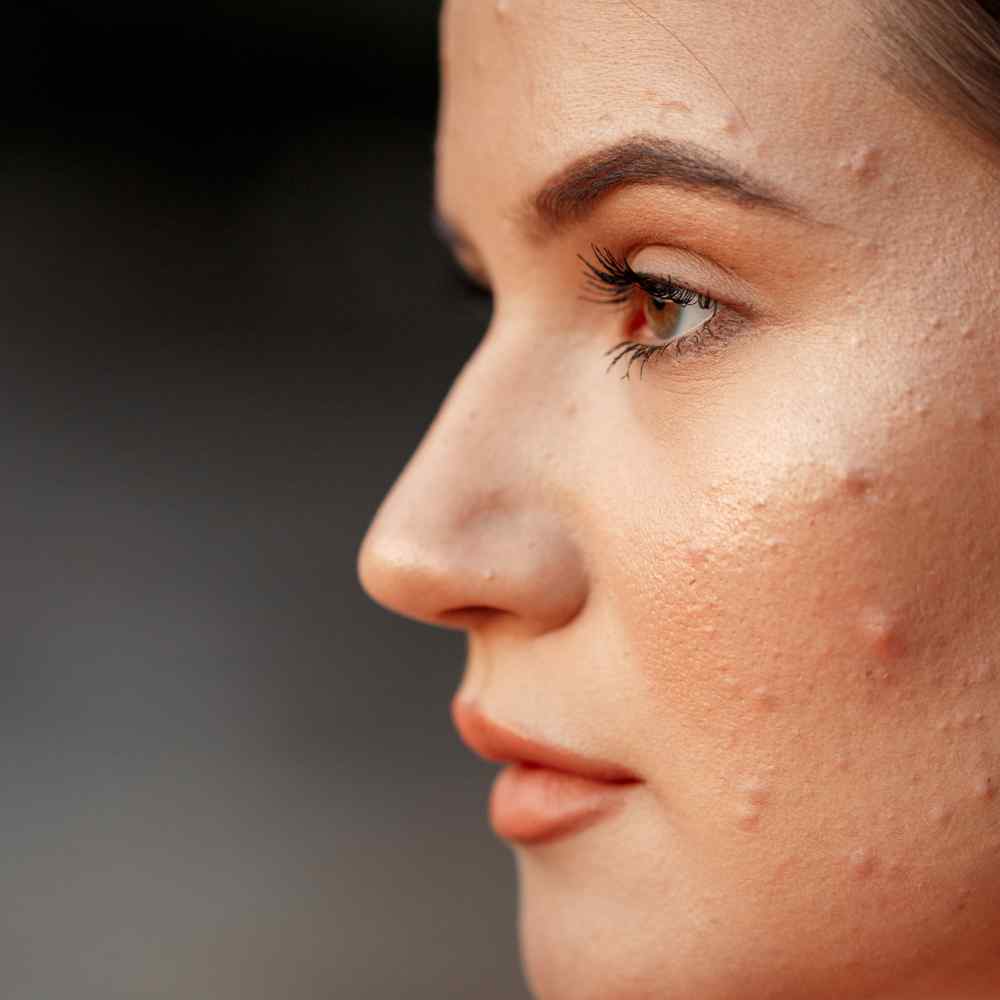
Consulting a Dermatologist
If you're concerned about the impact of almond milk or any other dietary factor on your acne, it's recommended to consult a dermatologist.
They can evaluate your specific skin condition, provide personalized advice, and recommend appropriate treatments or adjustments to your skincare routine.
You may be able to take food allergy tests which could tell you exactly which foods to stay away from. If you are sensitive to almond milk, you can try a different option such as oat milk.
Don't Let Acne Stand in the Way of Your Morning Latte
In the end, there is limited research to back up the rumor that almond milk could trigger acne. Navigating your skincare routine can be tricky and overwhelming even without these kinds of rumors swirling around!
Remember, what works for one person may not work for another, so relying on dietary changes or other remedies isn't a sure-fire way to predict how your body will react. The key is listening to your skin (and yourself) and making decisions that feel right for you.
The most important steps in managing and preventing acne breakouts are maintaining a balanced diet, practicing good skincare habits, and seeking advice from dermatologists if needed. Keep that in mind and make sure you take care of that beautiful skin!



